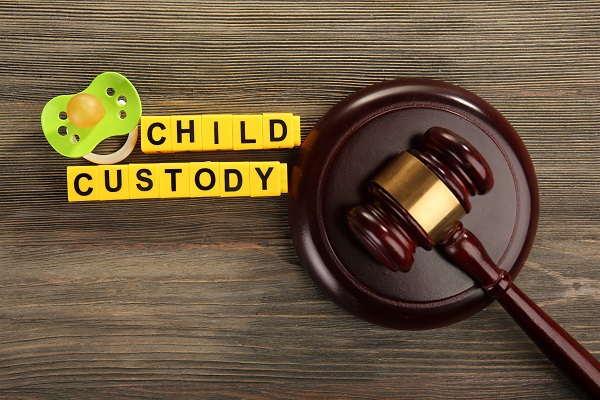Zach and Mary decide to divorce after 14 years of marriage. Of course, they are concerned about how their three children will handle the stress of divorce. Both parents want custody, but realize they need a plan. As they learn more about how custody is decided, they have questions. For example, they aren’t sure what joint legal custody entails.
Types of Child Custody
In a divorce proceeding, the term “child custody” refers to the care, control, and maintenance of a child or children. However, there are two different types of custody: physical and legal. Each type of custody can be sole or joint. Sometimes a judge may even award one parent sole physical custody of a child, but joint legal custody. As always, the judge will decide what’s best for the child when finalizing child custody arrangements:
- Sole Custody. A parent with sole physical custody decides where a child lives. If a parent is awarded sole legal custody, he or she will make all legal decisions related to a child’s health, education, and welfare. The non-custodial parent may have visitation rights as ordered by the court.
- Joint Custody. Parents may share legal or physical custody under joint custody arrangements. Physical custody still relates to arrangements regarding the physical presence of the child. Legal custody still refers to the child’s health, education, and welfare. The difference, of course, is that each parent has at least some say in what happens with the child.
So, how does joint legal custody vary from sole legal custody and joint/sole physical custody?
Joint Legal Custody
Parents who are given joint legal custody generally are required to make decisions together. However, if a parent refuses to work with the other parent, they may both end up back in court. That’s not the ideal situation for anyone.
Sometimes Sharing is Impossible.
A judge may give one parent sole legal custody if:
- parents are unable to work together
- one person is considered an unfit parent
- one of the parents is just not capable of making legal decisions
- it appears that it’s not in the children’s best interests for both parents to share legal custody
Final Thoughts.
Zach and Mary found it difficult to agree on a parenting plan. Both wanted maximum time with their kids. Both wanted to make all decisions. The judge presiding over their case sent to them mediation, where they came up a parenting plan that worked for the children. They were able to see that joint custody could work as long as they continued to communicate and put their children first.
Acting in the best interest of the child is the driving principle behind a parent plan. Make sure custody issues are handled while negotiating your marital settlement agreement.
To discuss your child custody concerns with an experienced California attorney, please call us at 415-293-8314. The attorneys at the Law Offices of Judy L. Burger assist clients in San Francisco, Marin County, Santa Barbara, Ventura/Oxnard, San Jose, Gold River (Sacramento), Roseville, and surrounding communities.


